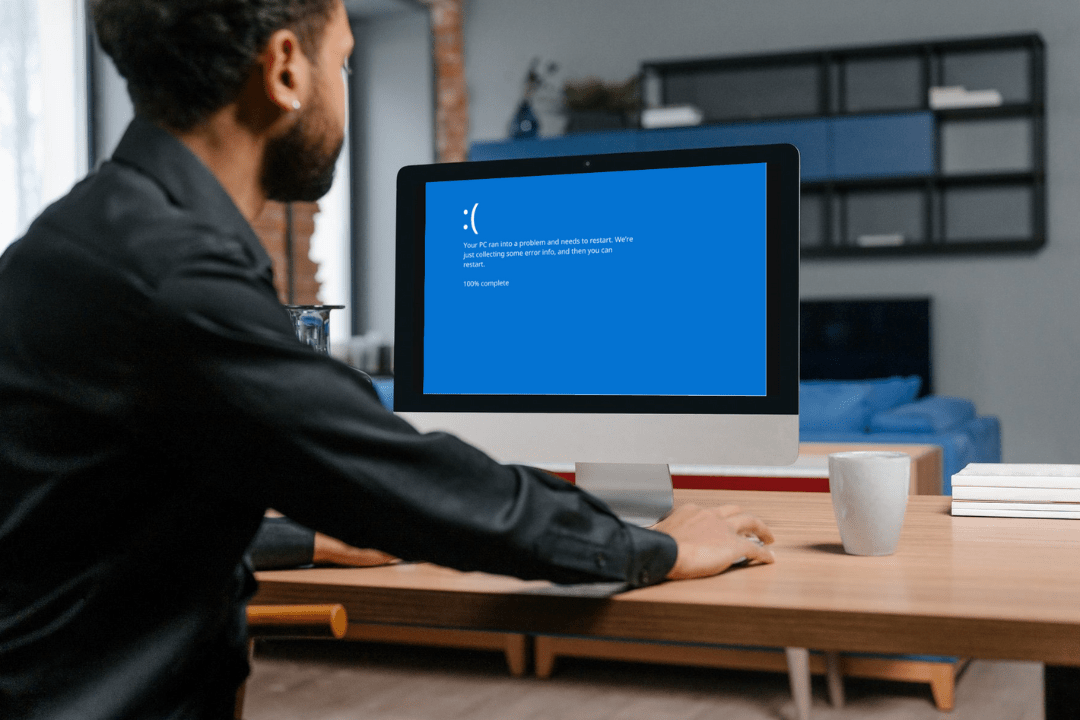In the modern flexible workplace Bring Your Own Device (BYOD) policies have become a common practice. Offering employees the flexibility to use their personal devices for work-related tasks undoubtedly enhances flexibility and productivity. However, the convenience of BYOD is accompanied by a spectrum of security challenges that organisations must address to safeguard sensitive data and maintain regulatory compliance.
Understanding BYOD Security Risks
- Unauthorised Access:
- Risk: Unsecured personal devices may become gateways for unauthorised access to sensitive business data.
- Mitigation: Implement strong authentication measures, such as multi-factor authentication (MFA), to ensure that only authorised individuals can access critical systems and data.
- Data Leakage:
- Risk: Unsecured devices may inadvertently expose sensitive data, leading to potential data leaks.
- Mitigation: Employ encryption technologies to protect data both in transit and at rest, reducing the risk of data leakage.
- Malware Threats:
- Risk: Personal devices may lack the stringent security measures of their corporate counterparts, making them susceptible to malware and other cyber threats.
- Mitigation: Employ advanced endpoint security measures, including anti-malware software and regular security updates, to protect against evolving threats.
- Compliance Concerns:
- Risk: BYOD policies may pose challenges in maintaining compliance with industry regulations and data protection laws. Adding new devices to your networks always increases risk, especially if they are at home.
- Mitigation: Establish clear BYOD policies that align with regulatory requirements, conduct regular compliance audits, and ensure employee awareness of data protection protocols.
Strategies to Mitigate BYOD Security Challenges
- Mobile Device Management (MDM):
- Implementing a robust MDM solution is critical for organisations embracing BYOD. MDM allows IT administrators to enforce security policies, remotely wipe devices in case of loss or theft, and ensure compliance.
- Endpoint Security Measures:
- Deploy advanced endpoint security solutions to protect devices from malicious activities. Features such as real-time threat detection, endpoint encryption, and secure web browsing contribute to a resilient security posture
- Network Segmentation:
- Segregate corporate networks from personal device access through network segmentation. This practice limits the potential impact of security incidents and reduces the risk of lateral movement by malicious actors.
- User Training and Awareness:
- Educate employees on secure device usage through comprehensive training programs. Emphasise the importance of recognising phishing attempts, practising good password hygiene, and understanding the risks associated with personal device access.
- Multi-Factor Authentication (MFA):
- Implementing MFA adds an extra layer of protection to access points, requiring users to provide multiple forms of identification. This significantly reduces the risk of unauthorised access even if login credentials are compromised
- Regular Security Audits:
- Conducting periodic security audits is essential to identify vulnerabilities and assess the overall effectiveness of security measures. Regular audits help organisations stay ahead of emerging threats and ensure ongoing compliance.
- Clear BYOD Policies:
- Establishing and communicating clear BYOD policies is fundamental. These policies should outline acceptable use, security protocols, and consequences for policy violations, creating a framework for secure and responsible device usage.
Fortify Your BYOD Security with OmniCyber Security
At OmniCyber Security, we specialise in providing tailored solutions to navigate the complexities of cyber security, working with your BYOD challenges to make sure you’re still compliant with crucial regulations such as PCI DSS and Cyber Essentials. Contact our team today for expert guidance and comprehensive strategies to strengthen your BYOD security policies and safeguard your digital assets.




